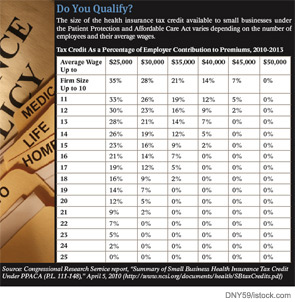Physician extenders, commonly referred to as mid-level providers or practitioners, often offer financial profitability for the practice as well as efficiency, improved quality of care, enhanced flexibility for physicians and greater patient satisfaction. When you hire an extender, it’s important to go beyond a handshake and clearly define the terms of the relationship in a contract. Below are some of the key issues that should be addressed in a mid-level provider’s employment agreement.









